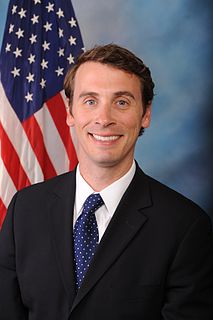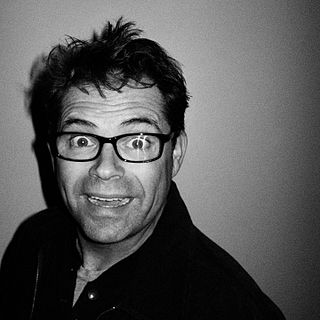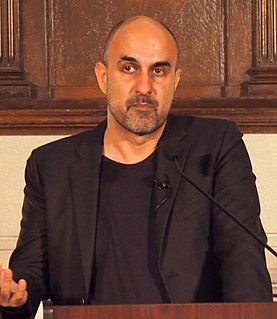A Quote by Diana Nyad
When I walk up on that shore in Florida, I want millions of those AARP sisters and brothers to look at me and say, 'I'm going to go write that novel I thought it was too late to do. I'm going to go work in Africa on that farm that those people need help at. I'm going to adopt a child. It's not too late, I can still live my dreams.'
Related Quotes
Life is insanely robust, though we can make species go extinct, and this is the bad thing. So I always make the point that you can't say, 'Is it too late?' That is the terrible question, because either answer promotes inaction. If it's too late, you don't need to act; if it's not too late, you don't need to act.
I don't like medicine. There's an old Irish proverb that goes, "If I knew where I was going to die, I wouldn't go there." I suspect that I'm going to die in a hospital, so every time I go past one, I drive really quickly to get away from those things. So I spend a lot of money on health: gyms, I go to naturopaths, acupuncturists; anybody else who's almost the alternative to medicine. I think by the time you need medicine, it's too late. That's my belief.
And that's the one thing that people do not understand is that we have very low interest rates and if those go back to historical levels or even go back to scary thoughts that they're back in the late '70s, early '80s, then that's going to really be hard to actually pay off those debts. It's going to be a - it's going to be a very big problem.
We live, understandably enough, with the sense of urgency; our clock, like Baudelaire's, has had the hands removed and bears the legend, "It is later than you think." But with us it is always a little too late for mind, yet never too late for honest stupidity; always a little too late for understanding, never too late for righteous, bewildered wrath; always too late for thought, never too late for naïve moralizing. We seem to like to condemn our finest but not our worst qualities by pitting them against the exigency of time.
It's disingenous for me to say that I wasn't trying to write a moral novel. By its very nature as a novel about the Iraq War, Fobbit steps into the political conversation. There's no way to avoid that. I can appreciate that readers are probably going to line up on one side of the novel or the other. I hope they go to those polar extremes, actually.
We broke up, and my first reaction was 'Fine - I've been through this too many times. I can't change your mind. I can't live your life for you. You're gone in your direction. I'm going to pick up; I'm going to go in my direction. I'm not going to live in the past. I'm not going to embrace the pain. You go, I'll go, and that will be it.' And I felt that way for an hour and 10 minutes.
Sometimes I go to a test screening and look at the audience in line, and I start to go, "Okay, I bet this is going to work, and this isn't going to work." It's weird, but just going and facing the music and putting it out before a crowd, even before it starts playing, that exercise of putting it up on a screen for people makes you realize things even before it starts rolling. It's really weird. I've heard other people say that, too.
I realized I had a novel on my hands, but didn't know where it was going to go. So I thought, 'I'm going to do everything that you're not supposed to do when you plan a novel; I'm going to step back and let this thing take itself wherever it wants to go, and I'm not going to worry about how things connect until later on.'
I realized I had a novel on my hands, but didn't know where it was going to go. So I thought, 'I'm going to do everything that you're not supposed to do when you plan a novel; I'm going to step back and let this thing take itself wherever it wants to go, and I'm not going to worry about how things connect until later on.
I thought that if the right time gets missed, if one has refused or been refused something for too long, it's too late, even if it is finally tackled with energy and received with joy. Or is there no such thing as "too late"? Is there only "late," and is "late" always better than "never"? I don't know.

































